Are you getting enough Vitamin D from your diet?
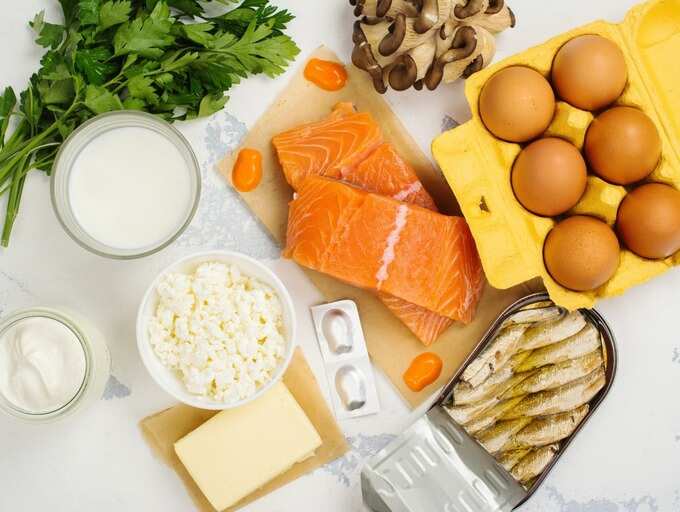
You need to get enough vitamins and fortified nutrients in your diet to stay healthy. Vitamin D deficiency, something a lot of Indians suffer from, can prove to be a problem in maintaining good immunity.
02/11Health benefits of Vitamin D
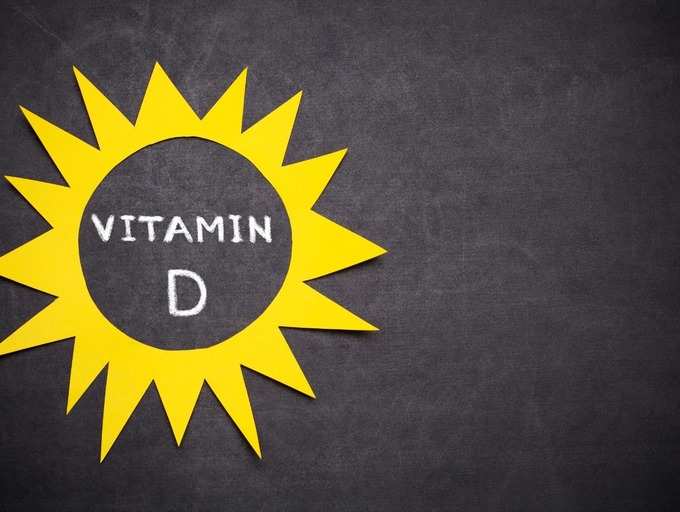
Vitamin D is essential for good bone growth, immunity, it helps in the synthesis of other nutrients, brain development, as well as guarantees a certain degree of protection against certain diseases. In fact, new discoveries have pegged that Vitamin D might play a crucial role in the fight against COVID-19.
03/11The link between Vitamin D and coronavirus infection
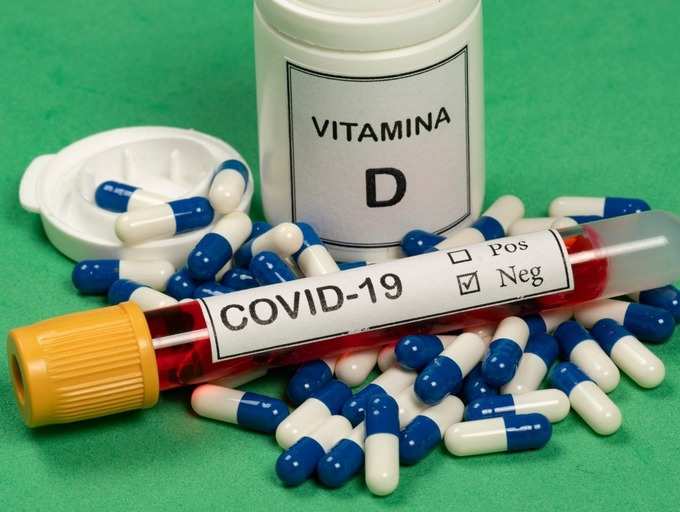
Vitamin D is a fat-soluble nutrient, which, when absorbed well, regulates the production of antibodies and stops the body from releasing one too many inflammatory cytokines. Excessive production of cytokines can trigger an autoimmune response in the body when the body destroys healthy cells and tissues. This has been observed as one of the complications in many COVID positive cases.
04/11Who is at risk?
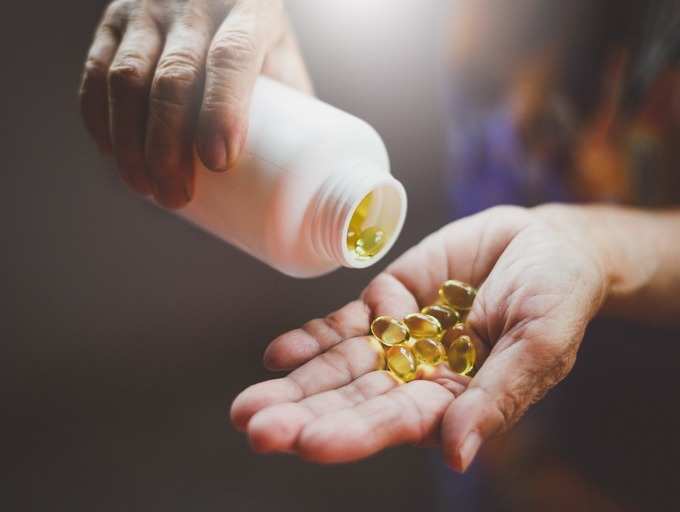
As per a study done in The Lancet, older and darker-skinned people who are likely to have low levels of Vitamin D can get help with supplementation of Vitamin D in fighting symptoms of COVID-19. The Lancet paper also notes vitamin D deficiency as one of the possible reasons for death rates across different countries, where mortality rates are high.
05/11How to get Vitamin D from your diet

While supplementation is usually neccessary for those who suffer from an acute deficiency, it’s not entirely true that you can only match your vitamin D requirement by taking supplements. Vitamin D is also something a lot of people believe is missing in vegetarian and vegan diets.
06/11Vitamin D and sunlight

One of the safest ways to get your source of Vitamin D is sunlight. Our skin has certain receptors present in them, which when exposed to sunlight produce Vitamin D on its own through a chain of reactions. As a measure, spending 15-20 minutes in good sunlight every day can be essential in getting Vitamin D.
07/11What about supplementation?
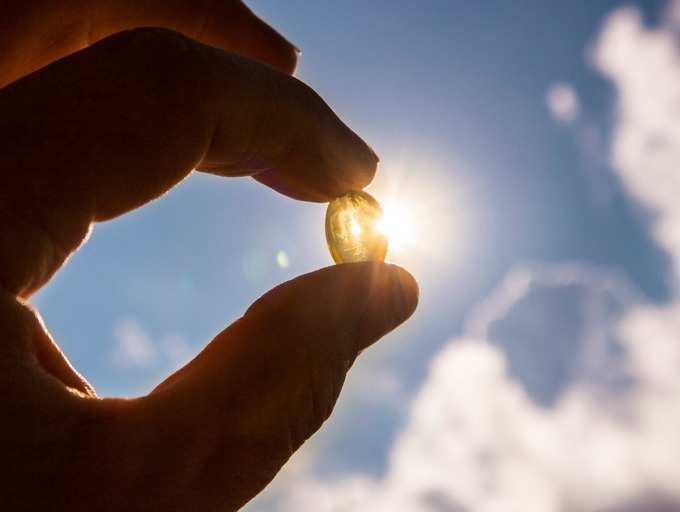
We commonly think that supplementation is the only way to make up for the deficiency but it is not always recommended. Supplementation, as a secondary measure, is only advised for people who have underlying medical conditions, lactose intolerance, allergies or any problem which prohibits them from going out for longer durations.
08/11How do you get Vitamin D from your food
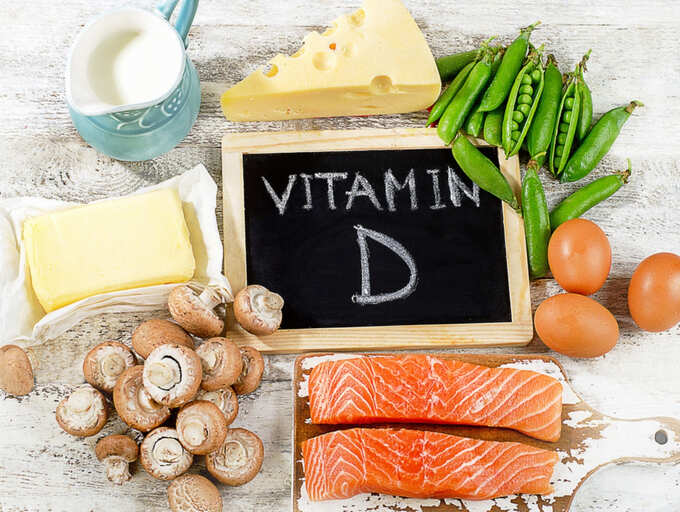
There are a lot of rich sources for Vitamin D in your diet, especially if you are a non-vegetarian. Food sources like salmon, egg yolks, cheese, tuna, fatty fish, certain cereals and other fortified foods are regarded to be the highest sources of good Vitamin D.
09/11How to score Vitamin D from your vegetarian diet

For vegetarians and more so, vegans, it can get a little tricky here. Although there are abundant sources of Vitamin D in the foods you regularly have, the absorption doesn’t always match with the levels of Vitamin D present in non-vegetarian and animal produce.
Even then, food sources like wild mushrooms, orange juice, cheese, yoghurt, soy, tofu, margarine and certain nuts and seeds are all good nutritious sources of Vitamin D.
10/11How can vegans supplement Vitamin D in their diet?

Finding plant-based sources of the sunshine vitamin is a little more sparse than other dairy and vegetarian sources. However, finding fortified food options, like almond/soy/coconut milk, vegan cheese, tofu, fortified orange juice are ways to make up for the missing nutrient in your diet. Spending time in the sun, and supplementation in extreme cases can help you stay healthy.
11/11Can you have too much of Vitamin D?
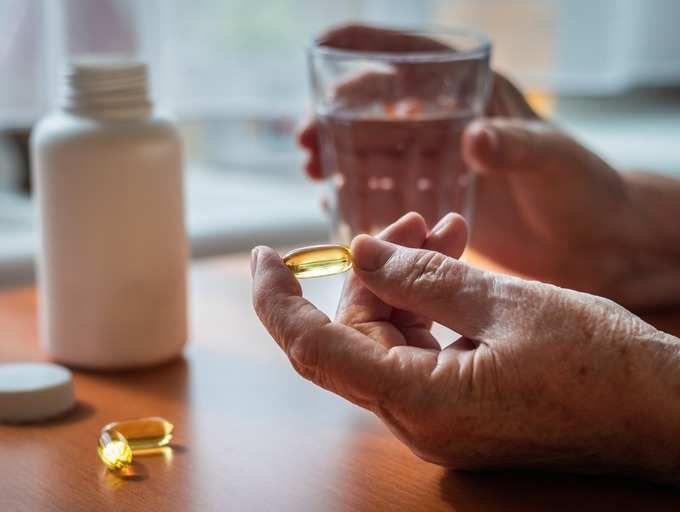
Too much of a certain thing is not good for you and that applies to Vitamin D as well. Having more than required of Vitamin D, especially when taken in oral pill form can induce toxicity in the body and hamper absorption. Same extends to getting too much sunlight, which can even cause skin damage.

